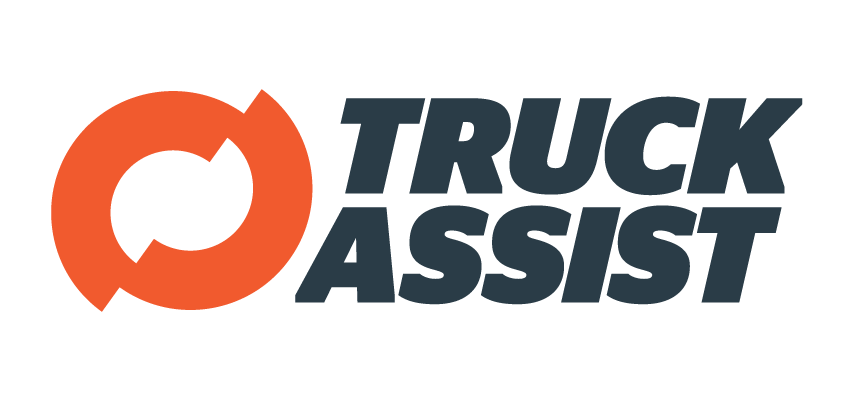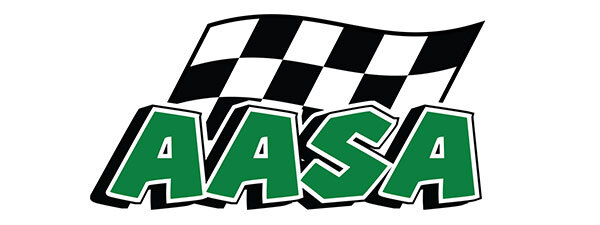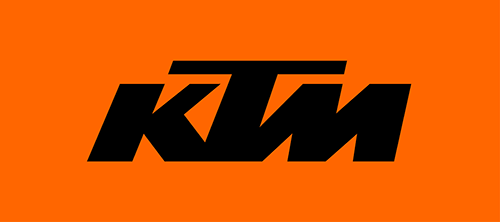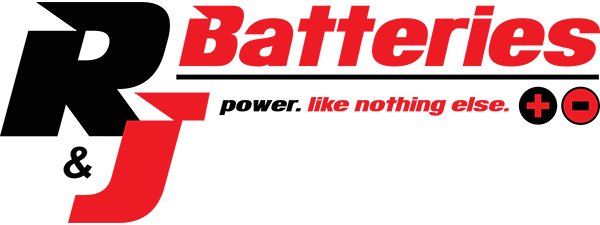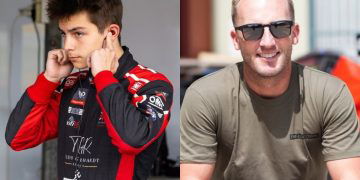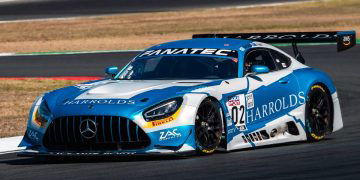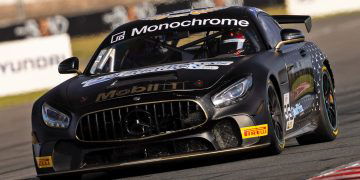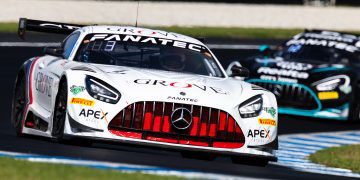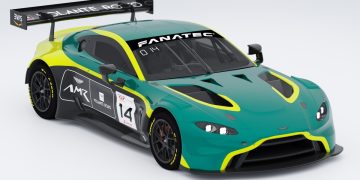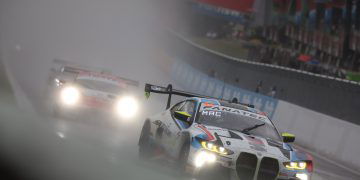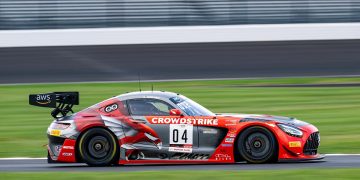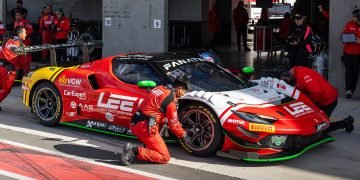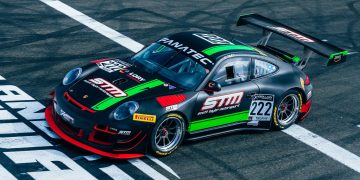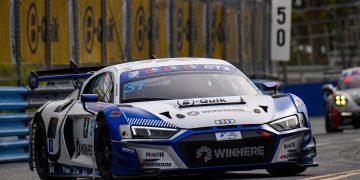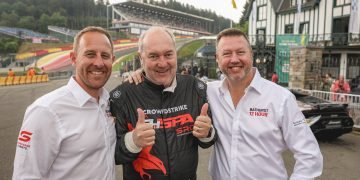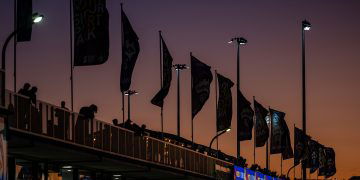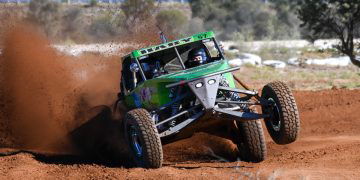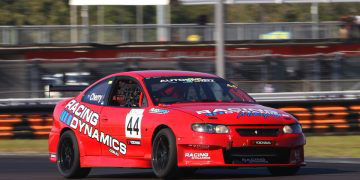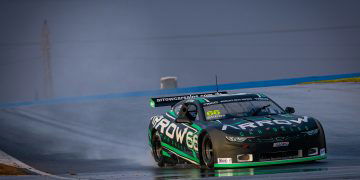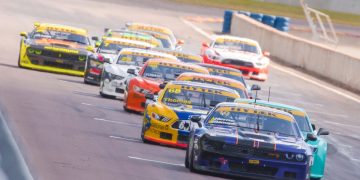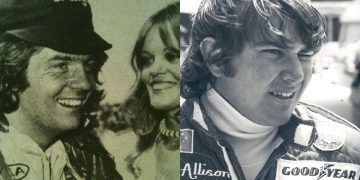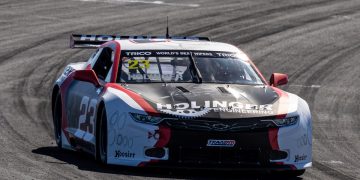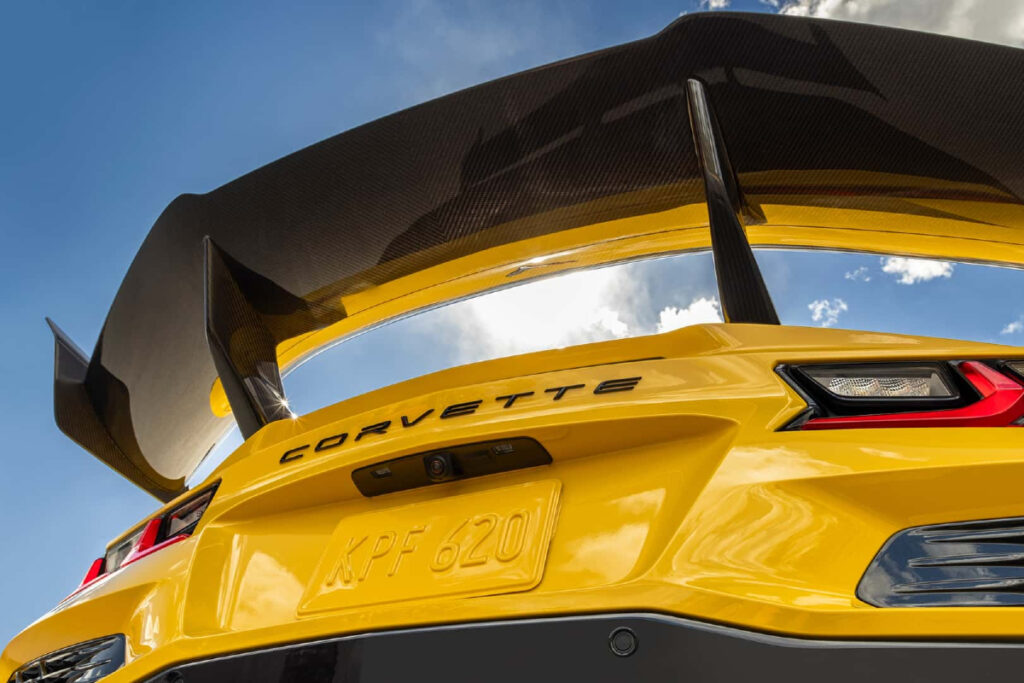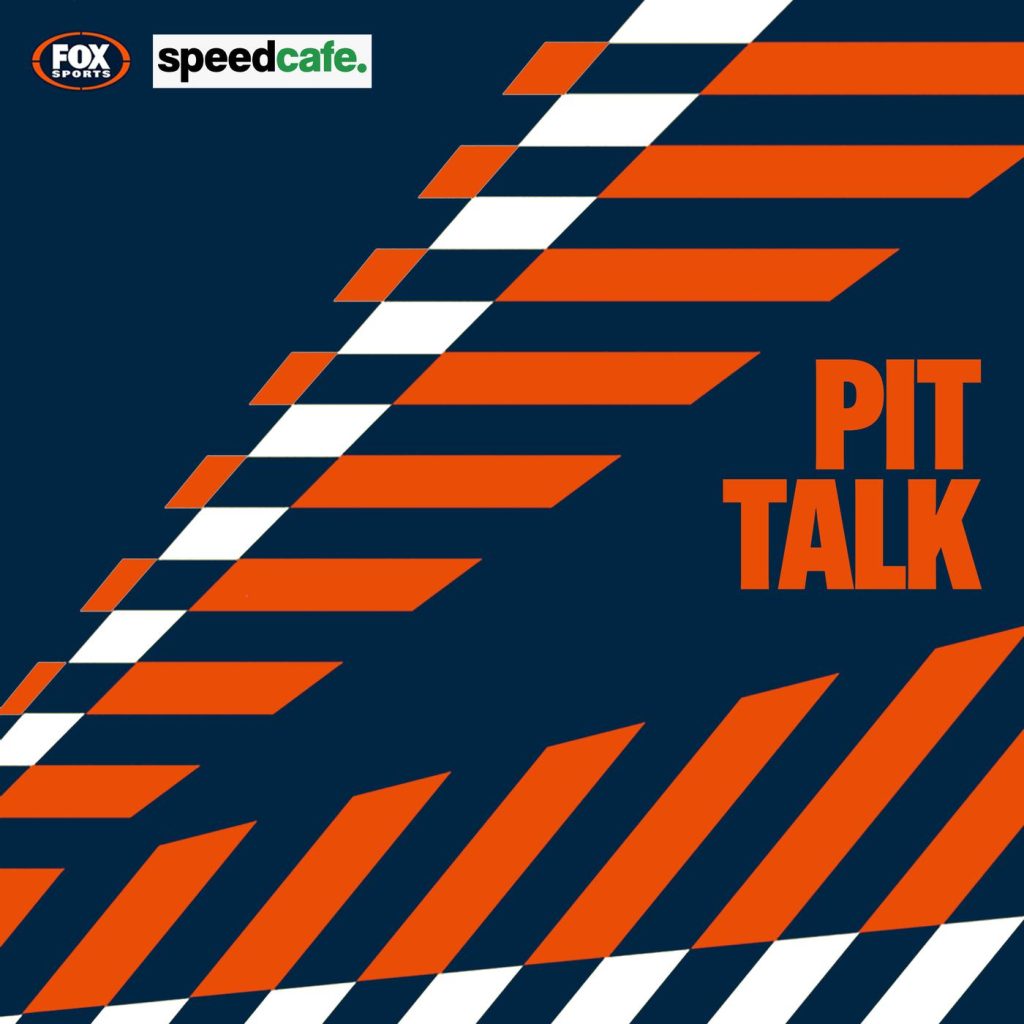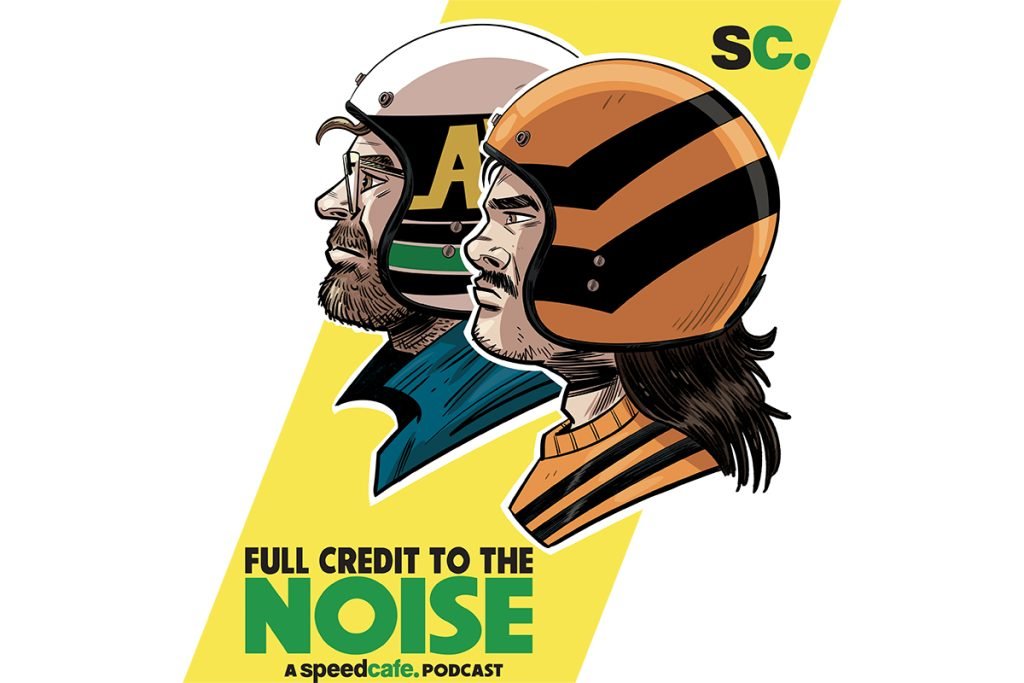
Supercars teams are in favour of the more stringent approach taken by the championship's technical department following the appointment of Adrian Burgess and Campbell Little.
The pair were appointed to the positions of Head of Motorsport and Motorsport Technical Manager, respectively, in time for the start of the 2019 season.
Though the year has been dominated by discussions surrounding parity between the competition's three models, behind the scenes processes have been put in place that have streamlined processes in a number of areas.
One such area has been scrutineering, with Supercars technical staff now visiting teams in the lead-up to events, a practice which has enabled technical staff to be more scrupulous in their inspections while having less impact on teams during key periods.
“I think that if you compare it with 12 months ago, I think of the whole of pit lane would be aligned that the standard of the technical department has taken a massive leap forward,” Red Bull Holden Racing Team boss Roland Dane told Speedcafe.com.
“If you roll the clock back, to the days of (former technical director) Steve Brow for instance, he would look at the cars and if he saw something new on your car, that he didn't like, he would then clearly bring it up with you,” Dane added.
“And we used to say back in the day ‘Well were we going to have a five minute argument, or the full half hour?' over it, because sometimes we'd disagree about whether it was legal or not.
“But on the other hand there were things which he had the ultimate say on, so you just took his word for it, that it wasn't legal, and moved on and took it off the car.
“That approach evaporated frankly for whatever reason over the years, but now I sense that with Supercars, that approach is coming back in.”
Nissan team manager Scott Sinclair has also noticed the increased effort from Supercars, which has translated into reduced work for teams during busy periods at events.
“As a general rule, they've upped the game this year, it's been a lot more thorough, which we certainly welcome,” he told Speedcafe.com.
“It puts a lot of rumours and innuendos to bed, which is great because we can deal in facts.
“I think they've made some good improvements this year in the latest processes that they're following, and whether it happens before the event or during, as long as they're doing it is all that matters, and it's thorough and consistent which I think they've made some good ground with.”
Scrutineering is traditionally an onerous process, with an almost endless number of items officials can review for legality.
While some are comparatively straightforward others, such as engine or fuel tank capacity, are rather more difficult and therefore time consuming.
On a race weekend it's difficult to inspect such big ticket items, making their inspection ahead of events welcomed by most team bosses.
“Some of the scrutineering is quite labour intensive, so the last thing you want to do is be tied up having your fuel tank pulled apart at a race meet,” Tickford Racing boss Tim Edwards explained to Speedcafe.com.
“They don't want to inflict that on the team, the teams don't want to be the recipient of that.
“So rather than doing those sort of things after the race, (and) you're sitting there in theory not knowing whether the result stands because something could change, the more that they can do before I think it's a positive for everybody.
“It means they get to do it in a calm and relaxed way, we get to do it in a calm and relaxed way. It makes perfect sense.
“You think on a Saturday night at a race meeting everybody's just desperate to get stuck into their cars and prepare them for the next day, they've (scrutineers) got the teams breathing down their neck wanting the cars released,” he added.
“It doesn't give them much time to do thorough scrutineering, so I think this helps them a lot.”
Not all team bosses see the gains over a race weekend, though do see the advantage in having the checks done ahead of time.
“It doesn't make any difference really; I mean, they do scrutineering at the end of the event,” argued Brad Jones.
“I think for them (Supercars) it's just making sure that people can be as compliant as they can with things that they are doing.
“Things are changing a little bit at Supercars and we've got lots of things that we have to comply with nowadays, like centre of gravity.
“I think it's a very proactive move to try and get a handle on some of the stuff before, we get to the mountain,” he added.
“It's probably a bit new, but I think it's a good thing.”

